TGC Author Francis Chan Wants to Know Why Can’t We Just Put Aside Theology and All Get Along
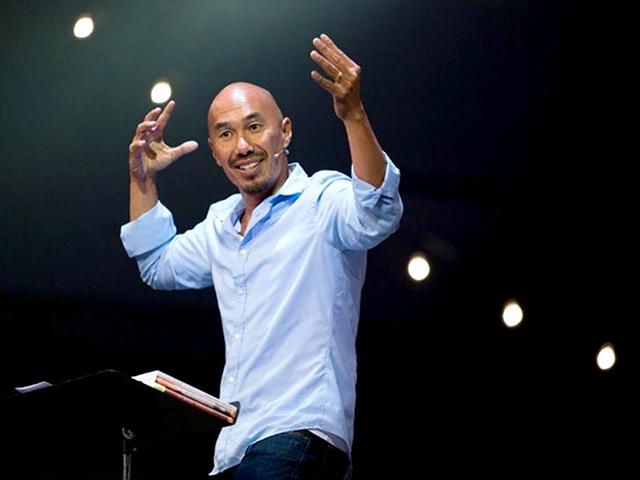
Ecumenism, the principle of promoting unity between different denominations and religious sects, despite clear theological differences, has become a force for evil in modern Western society. Many young people who claim Christianity as their faith have cast aside the clear doctrinal truths of scripture in favor of an ecumenical feel-good relational experience that looks more like a Jesus Movement Kumbaya campfire singalong than the convictional preaching of the scriptures that characterized the Protestant reformation and spiritual revivals of the past five hundred years. Barna’s 2021 American Worldview Inventory survey reveals steep declines over the past 30 years in Biblical Worldview, belief in Salvation by Faith Alone, and belief in the Bible as the accurate Word of God amongst those who claim to be Christians.
The shifts that can be seen in the theology of author Francis Chan exemplify the downgrade in the beliefs of many of those who would call themselves Christians in this present age. Chan obtained his education at the Master’s Seminary, an institution that is heavily committed to orthodox teaching and the study of scripture as the inspired word of God. That was thirty years ago. Today, Chan seems more enchanted with the gnostic and mystic teachings of Eastern Orthodoxy, Catholicism, and Charismaticism than the clear teachings of the Christian faith.
Recently, Chan took center stage at Preston Sprinkle’s Theology in The Raw: Exiles in Babylon Conference, as a replacement for David Platt, who withdrew as the main attraction at the conference of false teachers. Chan began his Christianese sprinkled TED talk, standing next to a table with bread and wine; lamenting that the church has moved away from a gathering of believers that focuses on the body and blood of Christ to a model that focuses on the preaching of the scripture from the pulpit. Chan presents the listener with the false dichotomy that churches must either choose between the teaching and preaching of sound doctrine or the Lord’s Supper as the centerpiece of the worship service. Contrary to Chan’s position, Orthodoxy (proper doctrine) and Orthopraxy (proper practice or living) go hand in hand, and God calls the church to embrace both. Chan continued with a series of patently false statements that have been the bedrock of his ecumenical claims for the past several years:
Everyone’s Fighting about who’s right. Do you realize for the first 1,000 years there was one church. We aren’t arguing about who has the best theology. There was one church for a thousand years.”
Anyone with the most basic knowledge of early church history knows that the first thousand years of the Christian faith were wrought with theological division, as the church encountered heretics who sought to alter the message of the Gospel and introduce poisonous heresies. Numerous church councils in the first thousand years of the Christian Church addressed heresies such as Arianism, Docetism, Nestorianism, Montanism, Pelagianism, Gnosticism, and many others. Theological precision was important to early believers, because they understood the warnings given by the Apostles and Jesus to avoid false teachers and false teaching.
Chan continues his TED talk by lamenting that Protestant believers deny the Catholic false teaching of Transubstantiation, the belief that the blessed elements become the literal body and blood of Jesus. Catholic theology has bewitched Chan for years, but this time, Chan decided to up the ante, claiming that the word Koinonia in the context of the Lord’s supper in 1 Corinthians 10 means having a mysterious “intercourse with Jesus.”
Chan even goes so far as to say that early believers didn’t have access to scripture, and as a result, centered their gathering solely around the observance of the Lord’s Supper. Such claims are patently false. While the first century church did not have leather bound copies of the canon of scripture, believers received the epistles that carried the weight of Apostolic Authority given by Jesus, writings that referenced the Old Testament scriptures and understood Christ as a fulfillment of all that was written in them. Doctrine from the epistles, law, and prophets shaped the beliefs and practices of the early church.
The point of Chan’s argument is to erase theological lines by ignoring theological distinctives that divide denominations from one another, in order to create ecumenical gatherings that agree on nothing but what Chan refers to as “the essentials of the faith.” Unfortunately, Chan cannot clearly define these things, because the true essentials of the faith are the very theological issues that divide those who seek to follow the Gospel of the scripture from Catholics who believe in Salvation through works (including the work of taking the Lord’s Supper), and wild charismatics who practice gnostic and mystic forms of theology. Unity in the absence of truth is mere delusion, and truth can only be defined by the God who cannot lie and has spoken through the scriptures. 2 Peter 2:1-2 instructs believers on the realities of false teachers who would come into the church and attempt to syncretize the truth of the Gospel with lies:
But false prophets also arose among the people, just as there will be false teachers among you, who will secretly bring in destructive heresies, even denying the Master who bought them, bringing upon themselves swift destruction. And many will follow their sensuality, and because of them the way of truth will be blasphemed.
Editor’s Note. This article was a written by Paul Brown for Protestia.



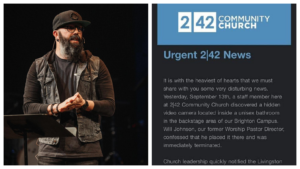

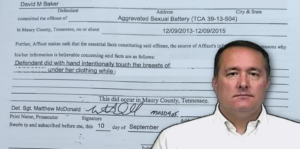
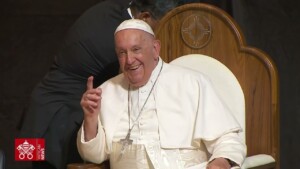
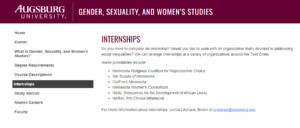
3 thoughts on “TGC Author Francis Chan Wants to Know Why Can’t We Just Put Aside Theology and All Get Along”